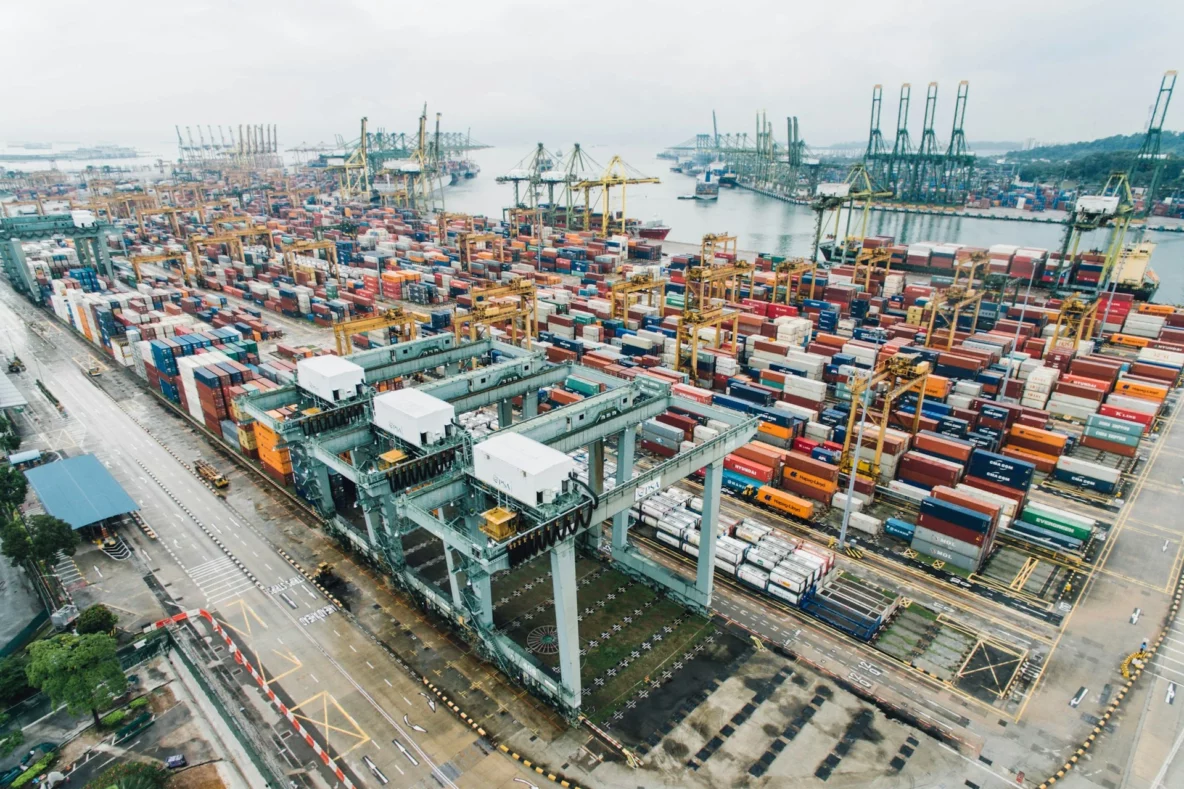MUR Shipping BV v RTI Ltd [2024] UKSC 18
The current geopolitical situation means companies are increasingly having to rely on force majeure clauses to cope with supply chain issues and sanctions. The UK Supreme Court recently delivered its anticipated decision in MUR Shipping BV v RTI Ltd, which clarified that unless the parties clearly agreed otherwise, a “reasonable endeavours” provision in a force majeure clause did not require a party to accept non-contractual performance.
Background to the decision
The case concerned a freight contract (the contract) between MUR Shipping BV and RTI Ltd. RTI agreed to ship, and MUR agreed to carry, consignments of bauxite from Guinea to Ukraine.
Under the contract, payments were to be made in USD. MUR Shipping BV invoked the force majeure clause when US sanctions hindered RTI from being able to pay in the agreed currency.
The criteria for a “force majeure event” included an event or state of affairs that could not be overcome by reasonable endeavours made by the party affected.
The force majeure notice was served on 10 April 2018. RTI rejected the notice and offered to pay MUR Shipping in Euros instead and to cover all the exchange costs. MUR Shipping rejected this offer and suspended performance.
RTI commenced arbitration in June 2018. The Tribunal found that the consequences of US banks’ risk-averse reaction to sanctions were unavoidable, and any USD payments made by RTI would have been, at the very least, delayed. However, the Tribunal concluded that accepting payments in Euros was a viable alternative and would have resulted in zero detriment to MUR Shipping. Therefore, the force majeure “failed because it could have been overcome by reasonable endeavours from the party affected,” and MUR Shipping therefore had to pay damages.
On appeal, the High Court rejected the Tribunal’s decision and held that “reasonable endeavours” could not include accepting payment in Euro rather than USD.
The Court of Appeal (by a majority) allowed RTI’s appeal and reversed the High Court’s decision. Lord Justice Males said the force majeure clause should be applied in a “common sense way” which achieved the purpose of the agreement and allowed the parties to undertake their contractual obligations.
The Supreme Court’s decision
The SC overturned the Court of Appeal’s ruling and allowed MUR’s appeal. It held the ‘reasonable endeavours’ clause included in the force majeure clause did not require a party to accept the contract to be performed in a way that was not stipulated in the agreement. An essential element of freedom of contract is the freedom not to contract. Therefore, it follows that parties have the freedom not to accept an offer of non-contractual performance.
MUR had stated clearly that it was to be paid in USD, and it did not have to accept the offer of being paid in Euros, regardless of whether acceptance made ‘commercial sense’.
Lord Justice Arnold provided the following reasoning:
“I agree that RTI’s offer would have solved that problem with no detriment to MUR. The fact remains, however, that what was offered by RTI was non-contractual performance. In my judgment an “event or state of affairs” is not “overcome” within the meaning of clause 36.3(d) by an offer of non-contractual performance, and in particular an offer of non-contractual performance by the counterparty to the Party affected. Suppose the contract required carriage to port A which was strike-bound and the party invoking clause 36 was presented with an offer by the other party to divert the vessel to port B which would not in fact be detrimental to the party invoking the clause (say because the goods being carried were required at place C equidistant between port A and port B)? Is the party invoking the clause required to accept that offer? In my view the answer is no, because the party invoking the clause is entitled to insist on contractual performance by the other party. If the parties to the contract of affreightment intended clause 36.3(d) to extend to a requirement to accept non-contractual performance, clear express words were required and there are none.”
Comment
You could be forgiven for wondering about the wisdom of the Supreme Court decision; however, when placed against the fundamental importance in English law of the principles of both certainty of contract and paying strict attention to the wording of an agreement to establish the parties’ intentions, it becomes clear that no other conclusion could have been reached.
Certainty of contract is one of the reasons English law is often preferred by those undertaking cross-border projects and/or agreements. Although accepting the offer to be paid in Euro would have made commercial sense and even perhaps facilitated a ‘fairer’ outcome, the Supreme Court reenforced the need for parties to provide clear wording when it comes to force majeure clauses, especially in terms of if and when non-contractual performance could suffice in cases where supply chains or sanctions make contractual performance impossible.
To discuss any points raised in this article, please call us on +44 (0) 203972 8469 or email us at mail@eldwicklaw.com.
Note: The points in this article reflect sanctions in place at the time of writing, 14 September 2024. This article does not constitute legal advice. For further information, please contact our London office.
Share this Post




